Windows Phone is all but dead after sales sink below 1% of market
Gartner figures point to the imminent demise of Microsoft's smartphone platform
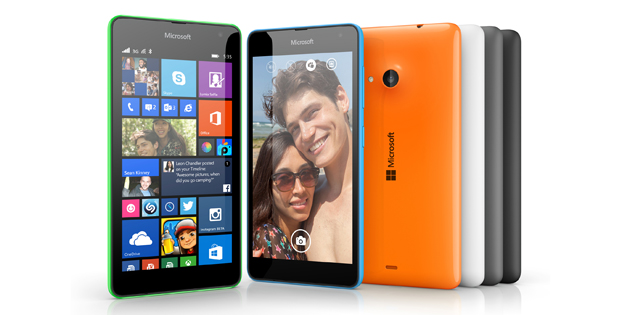

Microsoft's Windows Phone platform is struggling to stay alive, new figures published by analyst firm Gartner suggest.
While worldwide smartphone sales grew three per cent during the first quarter of the year, Windows Phone's share of the market fell below one per cent, down from 2.5 per cent a year ago.
Gartner estimated that only 2.4 million Windows Phone devices were sold in the first quarter, around 0.7 per cent of the total market.
Things are worse for one-time smartphone pioneer Blackberry, which claimed just 0.2 per cent of sales.
The horrendous figures come a week after Microsoft announced its plans to sell off its feature phone business to a subsidiary of Foxconn, HMD, for $350 million.
Microsoft's late arrival to the smartphone market appears to have condemned it to failure, as rivals Apple and Google's own platforms dominate the scene.
Overall, worldwide smartphone sales topped 349 million units in the first quarter of the year, driven mainly by low-end smart devices in emerging markets and cheaper 4G phones.
Sign up today and you will receive a free copy of our Future Focus 2025 report - the leading guidance on AI, cybersecurity and other IT challenges as per 700+ senior executives
"In a slowing smartphone market where large vendors are experiencing growth saturation, emerging brands are disrupting existing brands' long-standing business models," said Gartner research director Anshul Gupta.
"With such changing smartphone market dynamics, Chinese brands are emerging as the new top global brands."
Gupta said that two Chinese brands ranked within the top five worldwide smartphone vendors in the first quarter of 2015, and represented 11 per cent of the market.
"In the first quarter of 2016, there were three Chinese brands Huawei, Oppo and Xiaomi and they achieved 17 per cent of the market," he said, adding that Nokia's re-emergence will not prove an easy ride for the firm.
"Nokia's announced return to the smartphone and tablet markets will not be an easy mission. In today's market it takes much more than a well-known brand to sell devices. Making good hardware won't be an issue for Nokia, but users need a compelling reason to remain loyal to the same brand," he said.
"Furthermore, that the smartphone market is slowing down makes it difficult for mobile phone vendors to reach previous levels of growth."
Rene Millman is a freelance writer and broadcaster who covers cybersecurity, AI, IoT, and the cloud. He also works as a contributing analyst at GigaOm and has previously worked as an analyst for Gartner covering the infrastructure market. He has made numerous television appearances to give his views and expertise on technology trends and companies that affect and shape our lives. You can follow Rene Millman on Twitter.
-
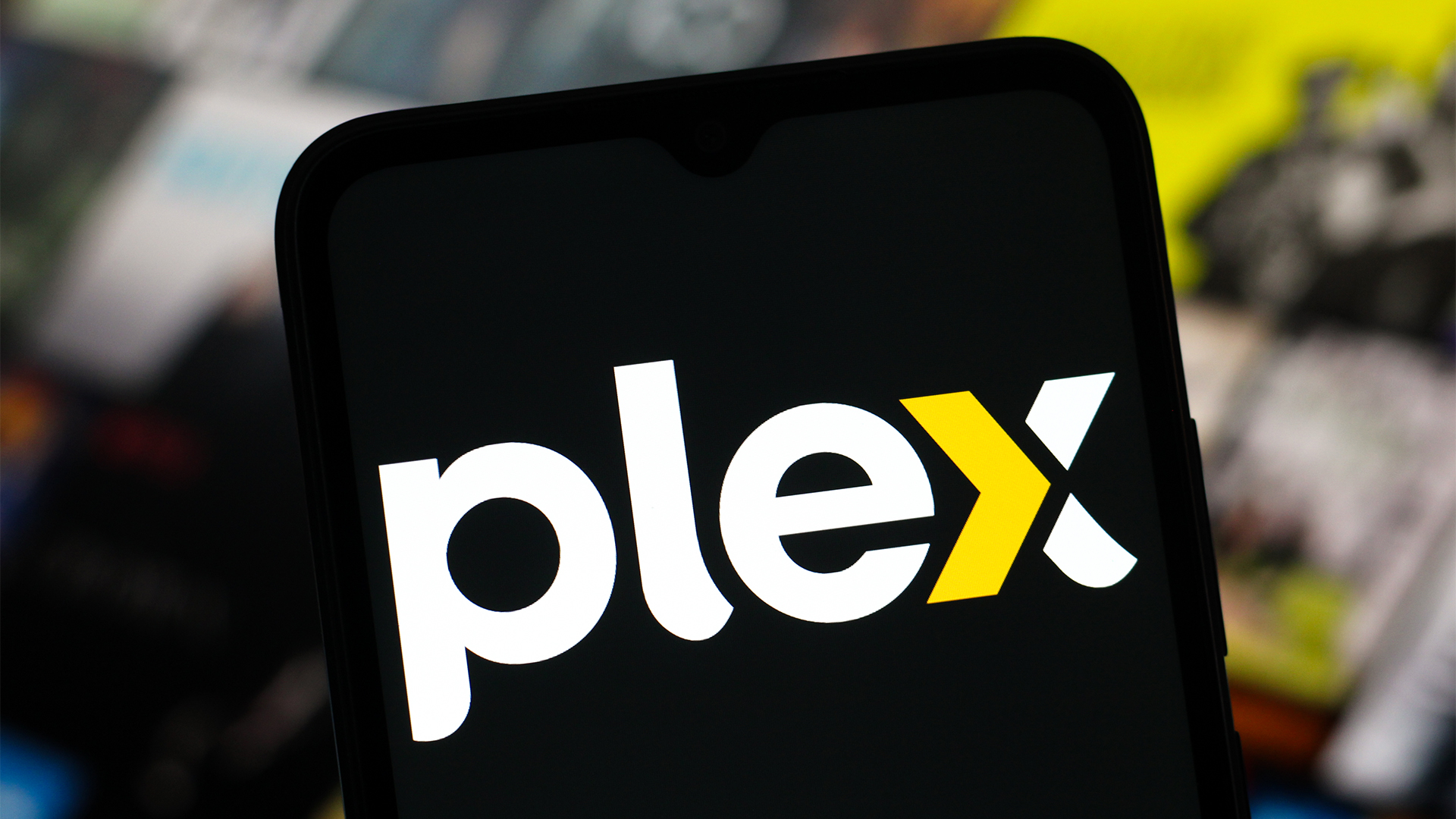 Everything we know about the Plex data breach so far
Everything we know about the Plex data breach so farNews Plex advised users to sign out of any connected devices that are currently logged in and enable two-factor authentication if they haven’t already.
-
 Mainframes are back in vogue
Mainframes are back in vogueNews Mainframes are back in vogue, according to research from Kyndryl, with enterprises ramping up hybrid IT strategies and generative AI adoption.
-
 Best business smartphones: The top handsets from Apple, Samsung, Google and more
Best business smartphones: The top handsets from Apple, Samsung, Google and moreBest The best business smartphones on the market today packed with work-focused features you need
-
 Microsoft signs deal to pre-install apps on Android handsets
Microsoft signs deal to pre-install apps on Android handsetsNews New agreement will put Word, Excel, PowerPoint and Skype in front of Android users in Asia and South America
-
 Tablet sales set for slow 2015, predicts Gartner
Tablet sales set for slow 2015, predicts GartnerNews Why Gartner thinks Windows Phone will grow faster than Apple’s iOS
-
 Security weakness uncovered in Android, Windows & iOS by researchers
Security weakness uncovered in Android, Windows & iOS by researchersNews A team of engineers have identified a serious security weakness in phones across iOS, Android and Windows
-
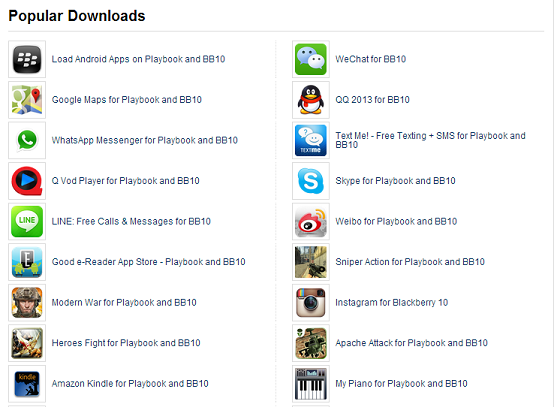 Android gains ground in the enterprise
Android gains ground in the enterpriseNews But iOS devices still dominates, report finds
-
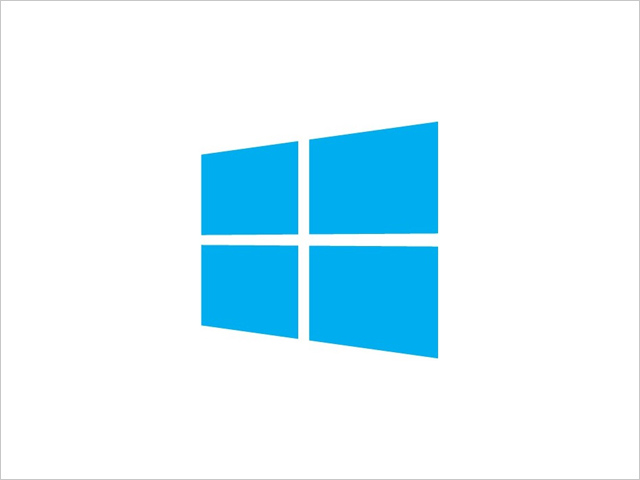 Windows 9 could remove desktop mode from mobile devices
Windows 9 could remove desktop mode from mobile devicesNews Windows 9 could mark the end of the desktop on phones and tablets
-
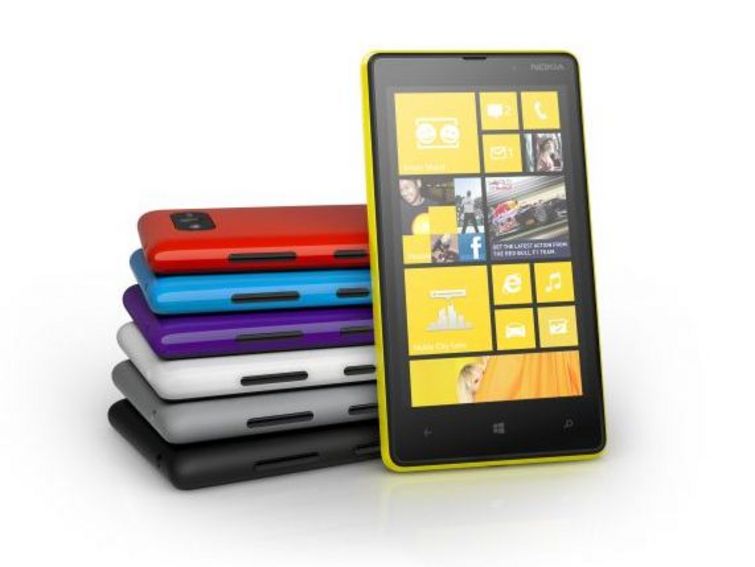 Windows Phone ready to take on iOS & Android in the enterprise
Windows Phone ready to take on iOS & Android in the enterpriseNews Windows Phone set for battle with iOS and Android for a share of enterprise market
-
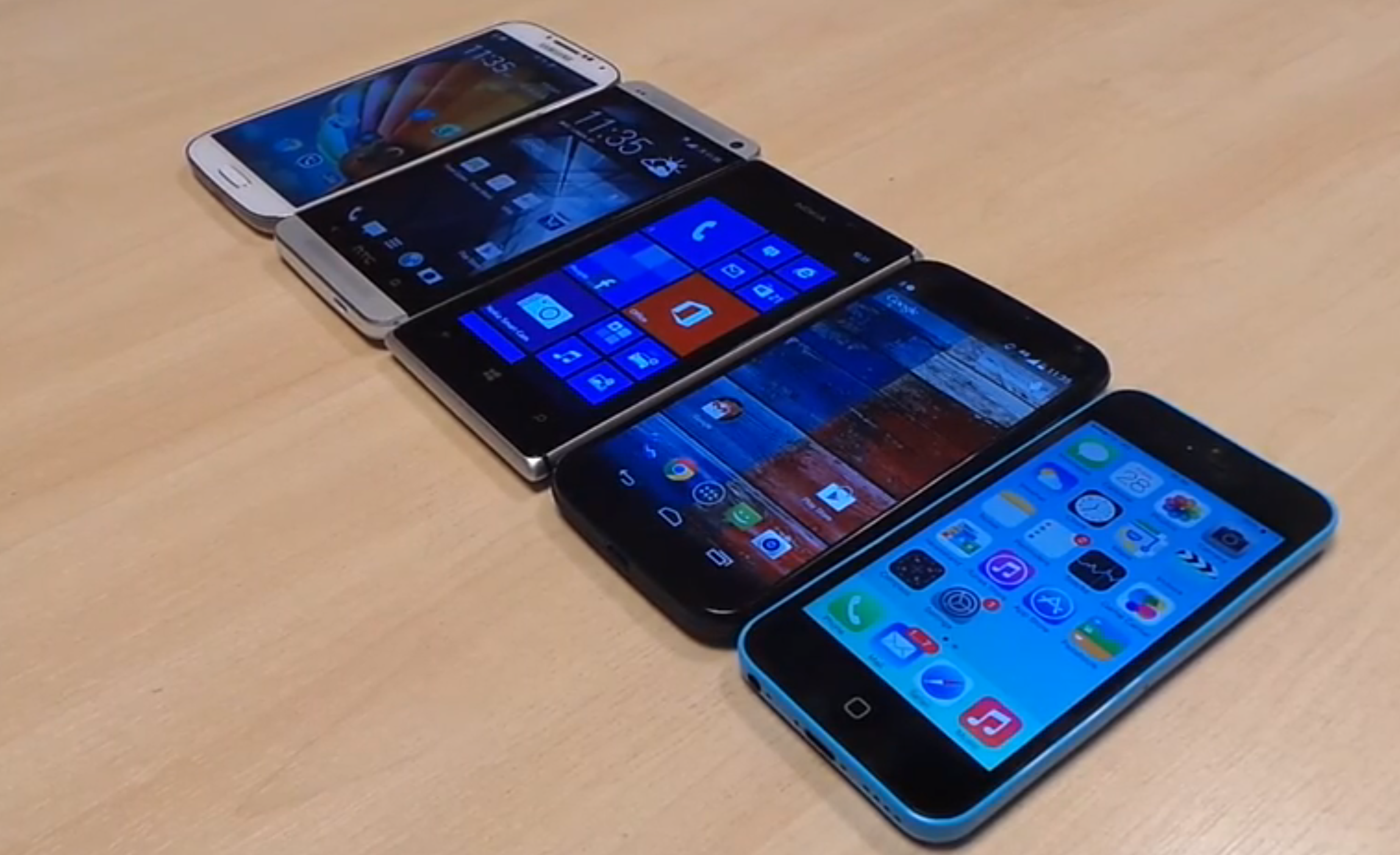 Samsung Galaxy S4 vs iPhone 5C vs HTC One vs Lumia 925 vs Moto X head-to-head
Samsung Galaxy S4 vs iPhone 5C vs HTC One vs Lumia 925 vs Moto X head-to-headVs Need a smartphone on a budget? Check out these 2013 handsets which can be picked up starting at £21/month.
